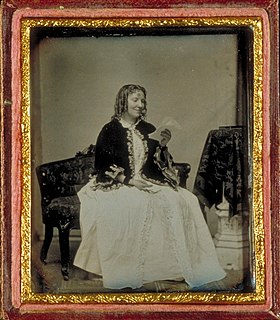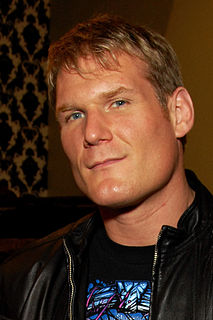A Quote by Baltasar Gracian
The sage never seems to know his own merits, for only by not noticing them can you call others' attention to them.
Related Quotes
I remember noticing, when I had my babies, how much I liked them, and not just loved them, but I was really into them. I knew I was going to be curious about them and up for the mayhem ahead. But at the same time, I remember noticing I was relieved this thing was present in me. And I hadn't realised there might be a doubt.
Actions are held to be good or bad, not on their own merits, but according to who does them. There is almost no kind of outrage-torture, imprisonment without trial, assassination, the bombing of civilians-which does not change its moral color when it is committed by 'our' side. The nationalist not only does not disapprove of atrocities committed by his own side, he has a remarkable capacity for not even hearing about them.
The fact, however, to which I want to call attention is that the master of Judo never relies upon his own strength. He scarcely uses his own strength in the greatest emergency. Then what does he use? Simply the strength of his antagonist. The force of the enemy is the only means by which that enemy is overcome.
Let others lead small lives, but not you. Let others argue over small things, let them complain over what might have been, but not you. Let others cry over small hurts, let them be discouraged, let them be revengeful and vindictive, but not you. Let others leave their future in someone else's hands, let them become materialistic and empty, but not you. Let others become ungrateful and stop praying, but not you! Let others give up, but not you! For you know in whom you believe and you know that He is always able. Now, that's you!
Do you know,' he said again softly, addressing his hands, 'what it is to love someone, and never - never! - be able to give them peace, or joy, or happiness?' He looked up then, eyes filled with pain. 'To know that you cannot give them happiness, not through any fault of yours or theirs, but only because you were not born the right person for them?
Grownups! Everyone remembers them. How strange and even sad it is that we never became what they were: beings noble, infallible, and free. We never became them. One of the things we discover as we live is that we never become anything different from what we are. We are no less ourselves at forty than we were at four, and because of this we know grownups as Grownups only once in life: during our own childhood. We never meet them in our lives again, and we will miss them always.
Elie Wiesel says that the greatest evil in the world is not anger or hatred, but indifference. If that is true, then the opposite is also true: that the greatest love we can show our children is the attention we pay them, the time we take for them. Maybe we serve children the best simply by noticing them.
I may venture to say, loosely, that in Judo there is a sort of counter for every twist, wrench, pull, push or bend. Only the Judo expert does not oppose such movements at all. No, he yields to them. But he does much more than yield to them. He aids them with a wicked sleight that causes the assailant to put out his own shoulder, to fracture his own arm, or in a desparate case, even to break his own neck or back.






































